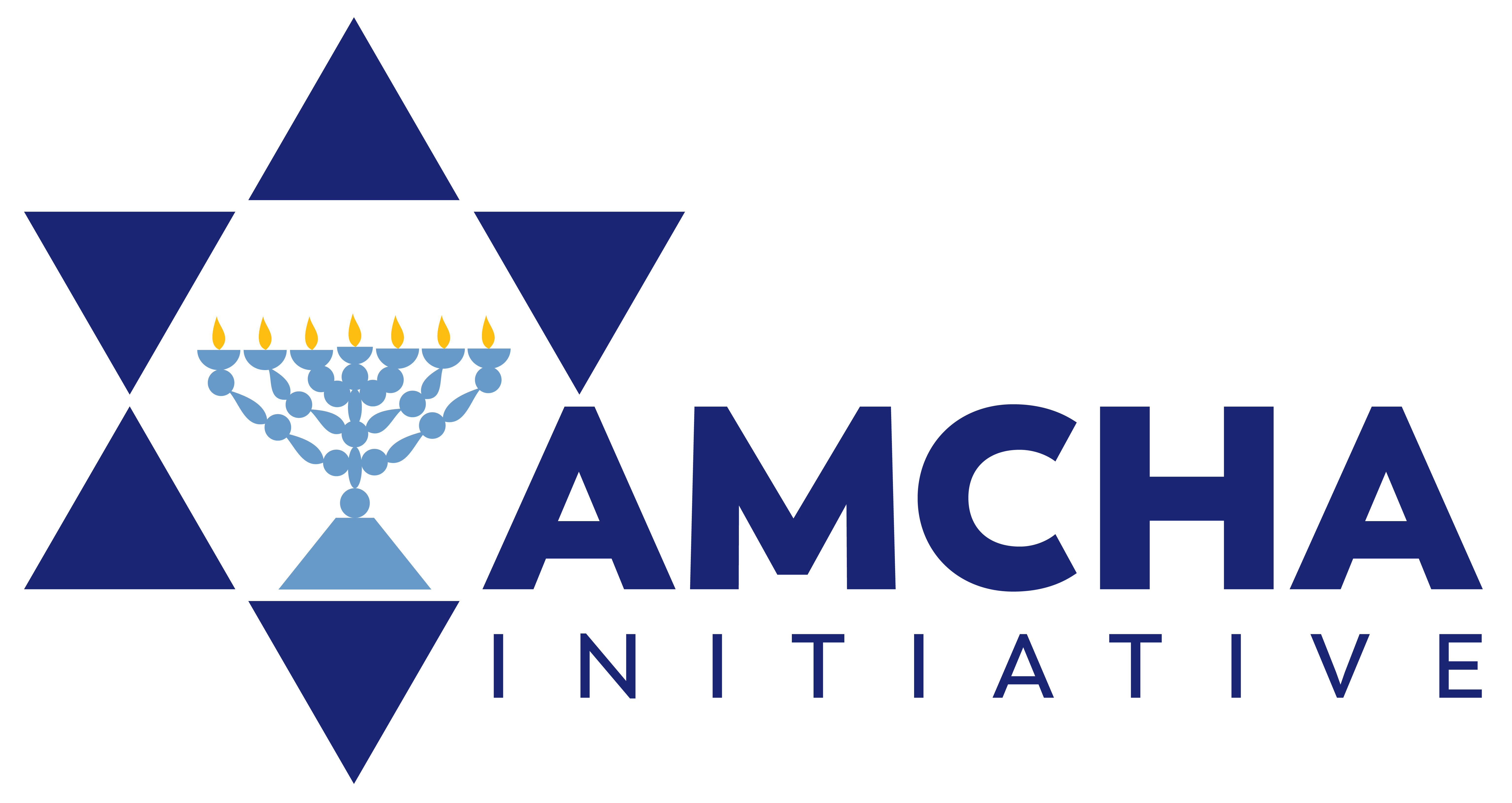AMCHA Director Testifies at First Hearing on Ethnic Studies Graduation Requirement
Contact: Nicole Rosen
communications@AMCHAinitiative.org
Santa Cruz, CA, April 7, 2021 – During the California Assembly Education Committee’s first hearing on AB 101, legislation to make the recently approved Ethnic Studies Model Curriculum a high school graduation requirement, AMCHA Initiative Director Tammi Rossman-Benjamin was one of two experts to testify in opposition to the bill.
“Despite four revisions, the approved ethnic studies curriculum remains firmly rooted in Critical Ethnic Studies, a narrow conceptualization of the field that is politically- and activist-driven. As an organization that investigates campus anti-Semitism, we have witnessed how courses based on Critical Ethnic Studies incite hatred and division among all students. In addition, filtered through the lens of Critical Ethnic Studies, Jews are viewed as ‘racially privileged oppressors.’ And at a time when anti-Jewish hostility and violence has reached unprecedented levels, indoctrinating students to view Jews in this way is tantamount to putting an even larger target on their backs,” testified Rossman-Benjamin before the Committee.
Last month, the California State Board of Education approved the final draft of the Ethnic Studies Model Curriculum, with officials publicly affirming that the curriculum is rooted in Critical Ethnic Studies. Unlike the broader field of ethnic studies, Critical Ethnic Studies is a narrow conceptualization which has been shown to be deeply divisive, political, and anti-Semitic. AB 101, a bill being considered by the California legislature, recommends that courses based on this curriculum serve as the basis for the high school graduation requirement.
In addition, Rossman-Benjamin cautioned that “even more highly politicized and divisive curricula are being successfully peddled to California school districts by activist-educators responsible for the curriculum’s rejected first draft, whose overt anti-Semitic content outraged the Jewish community, state legislators and the Governor. But AB 101 would allow courses taught using this appalling first draft to fulfill the graduation requirement.”
Rossman-Benjamin also noted that more than 150 distinguished university scholars and academics, including a Nobel Laureate, recently determined that claims about the academic and social benefits of the curriculum are empirically false.
AMCHA also submitted a formal and comprehensive position letter to the Committee. The letter details how and why a curriculum rooted in Critical Ethnic Studies can easily become a vehicle for inciting hate and division. In addition, the letter notes that a curriculum like this which strongly endorses and encourages a specific highly controversial, one-sided and extremely coercive political mission directly subverts a school’s educational mission. AMCHA also points out that the Ethnic Studies Model Curriculum is a stark contrast to what legislators intended when they approved the bill mandating the development of the curriculum, which calls for a non-political, multicultural approach to ethnic studies that would prepare students in one of the most ethnically diverse states in the nation “to be global citizens with an appreciation for the contributions of multiple cultures.”
Rossman-Benjamin was the first to expose the way in which the discipline of Critical Ethnic Studies is deeply anti-Semitic and anti-Zionist. And AMCHA has led several coalition efforts to educate officials about the dangers of a curriculum based on Critical Ethnic Studies.
AMCHA monitors more than 450 college campuses across the U.S. for anti-Semitic activity. The organization has recorded more than 3,500 anti-Semitic incidents on college campuses since 2015. Its daily Anti-Semitism Tracker, organized by state and university, can be viewed here.
AMCHA Initiative is a non-partisan, non-profit organization dedicated to combating anti-Semitism at colleges and universities in the United States.
